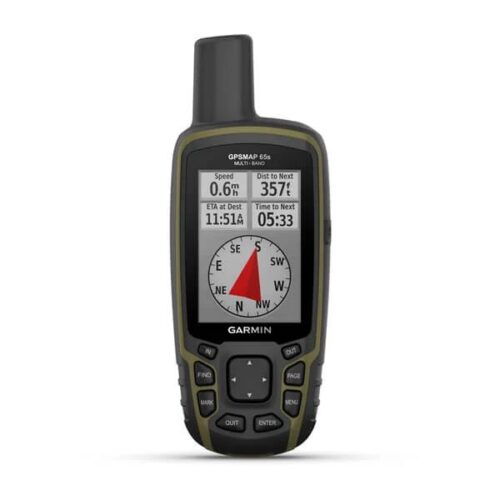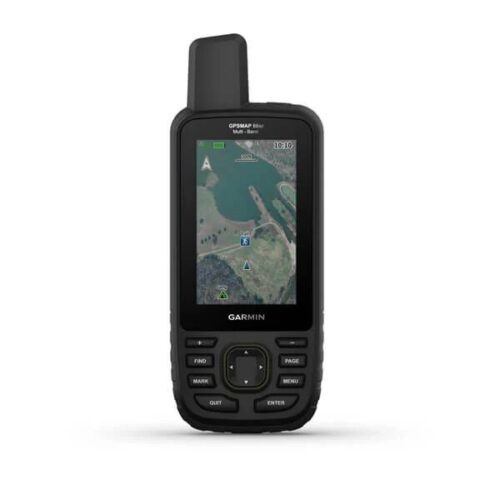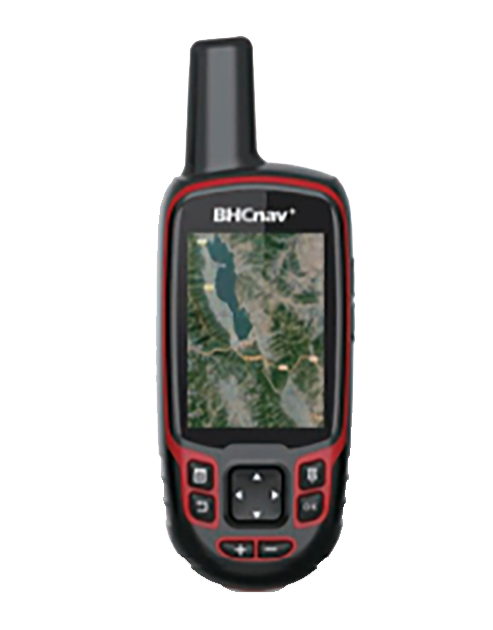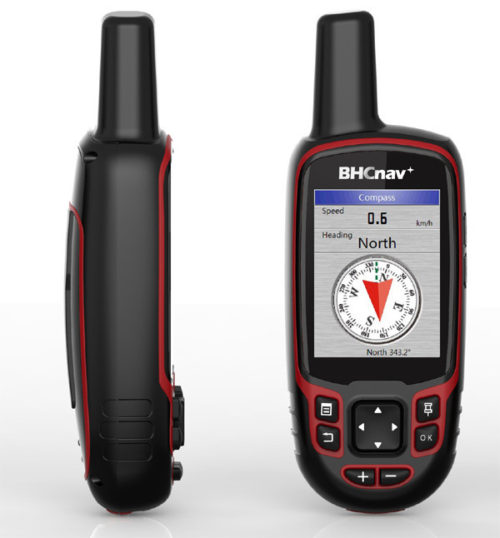Navigators
Showing all 4 results
Категории товаров
- Adelix 17
- Ellips Equipment 96
- Automated control systems 3
- Geodetic accessories 12
- GIS data collection 2
- GNSS Infrastructure 2
- Locators 8
- Marine construction 3
- Navigators 4
- Optical levels 5
- Optical Surveying 11
- Precision agriculture 2
- Processing and adjustment of satellite geodetic networks 3
- Rotary laser levels 16
- Survey and Engineering 13
- Theodolites 1
- Unmanned Aircraft Systems 12
- Other 3
- Pavillo 45
- Radiodetection 70
Navigators are individuals who specialize in the art and science of navigation, the process of determining and controlling the movement of a craft or vehicle from one place to another. Navigators play a critical role in various domains, including maritime navigation, aviation, space exploration, and land-based navigation.
Here are some key points about navigators and their roles in different contexts:
- Maritime Navigators: In maritime navigation, navigators are responsible for charting a ship’s course over water. They use nautical charts, sextants, compasses, and modern electronic navigation systems like GPS (Global Positioning System) to determine the ship’s position and plot a safe course to its destination. Maritime navigators must be knowledgeable about maritime laws, weather patterns, tides, and other factors that can affect navigation at sea.
- Aviation Navigators: In aviation, navigators are responsible for planning and monitoring aircraft routes, calculating fuel requirements, and ensuring the safety of flights. While modern aircraft often rely heavily on automated navigation systems, navigators play a crucial role in flight planning, especially in long-distance flights or when flying in areas with limited navigational aids. They use instruments such as gyrocompasses, GPS receivers, and inertial navigation systems to determine the aircraft’s position and course.
- Space Navigators: Navigators also play a role in space exploration missions. In space travel, navigators are responsible for calculating trajectories, monitoring spacecraft position and velocity, and making course corrections as needed. They use advanced mathematical models and computer simulations to plan missions and ensure that spacecraft reach their intended destinations safely and accurately.
- Land-based Navigators: On land, navigators may include hikers, wilderness guides, and search and rescue teams who use maps, compasses, and GPS devices to navigate through terrain. They must be skilled in reading topographic maps, understanding geographical features, and using navigational tools to find their way in various environments.
- Historical Navigators: Throughout history, navigators have played a crucial role in exploration, trade, and military campaigns. Famous historical navigators include figures like Christopher Columbus, Ferdinand Magellan, and Captain James Cook, who made significant contributions to the understanding of geography and navigation during their explorations.
Overall, navigators possess a diverse set of skills and expertise depending on their specific domain of navigation. They combine knowledge of geography, mathematics, technology, and practical experience to safely and efficiently guide vehicles or travelers to their destinations.
Buy Navigators in Uzbekistan, in Tashkent





